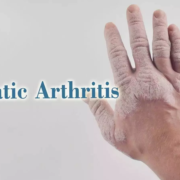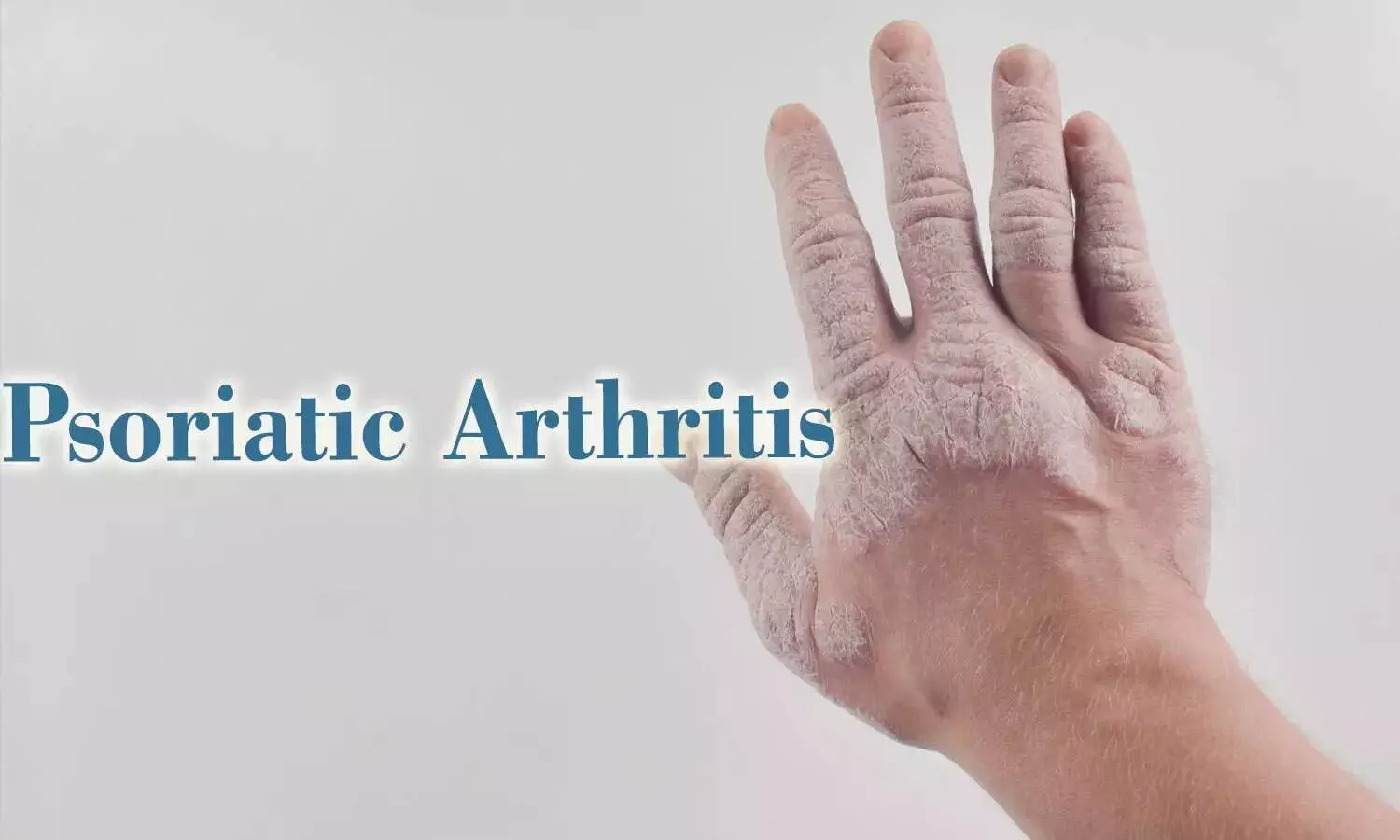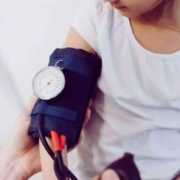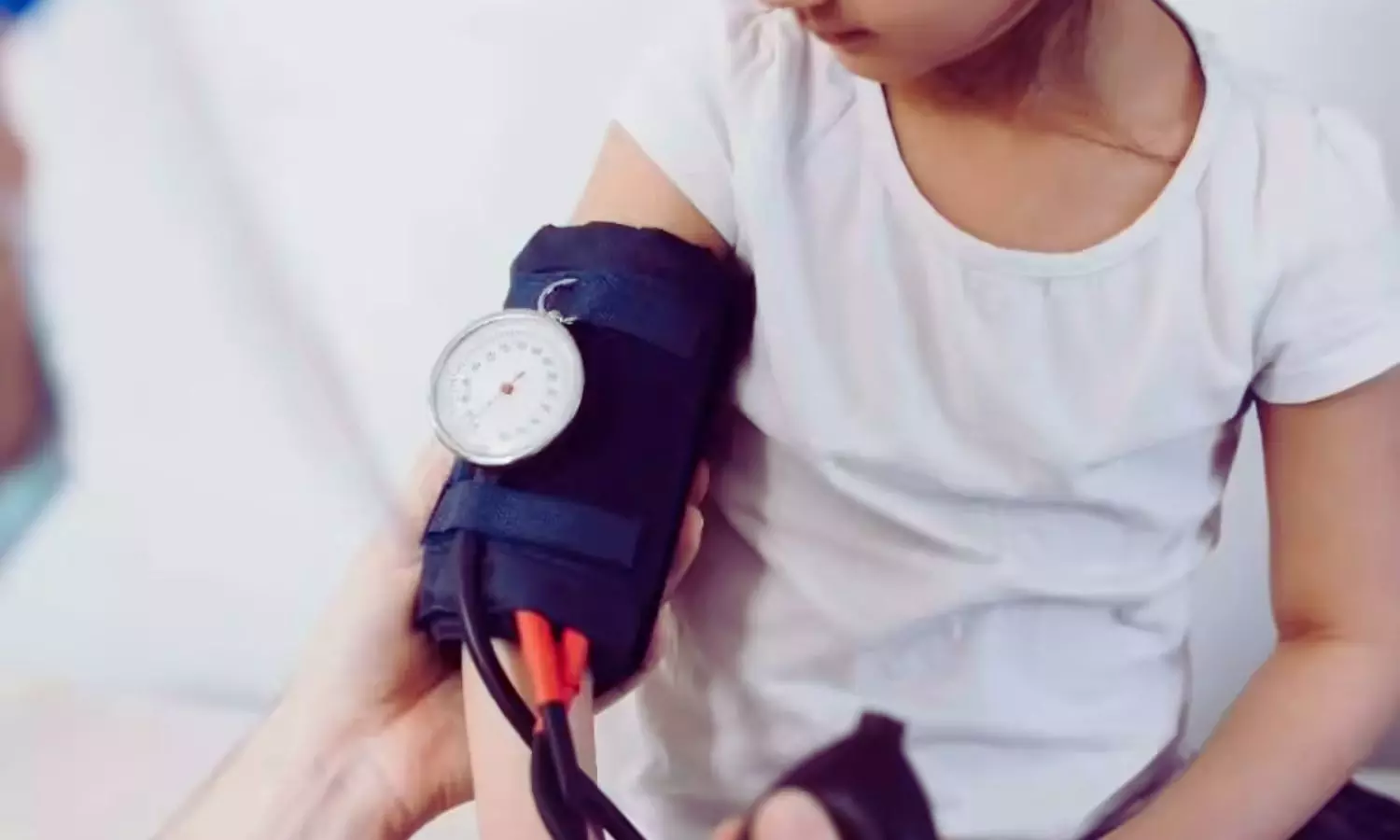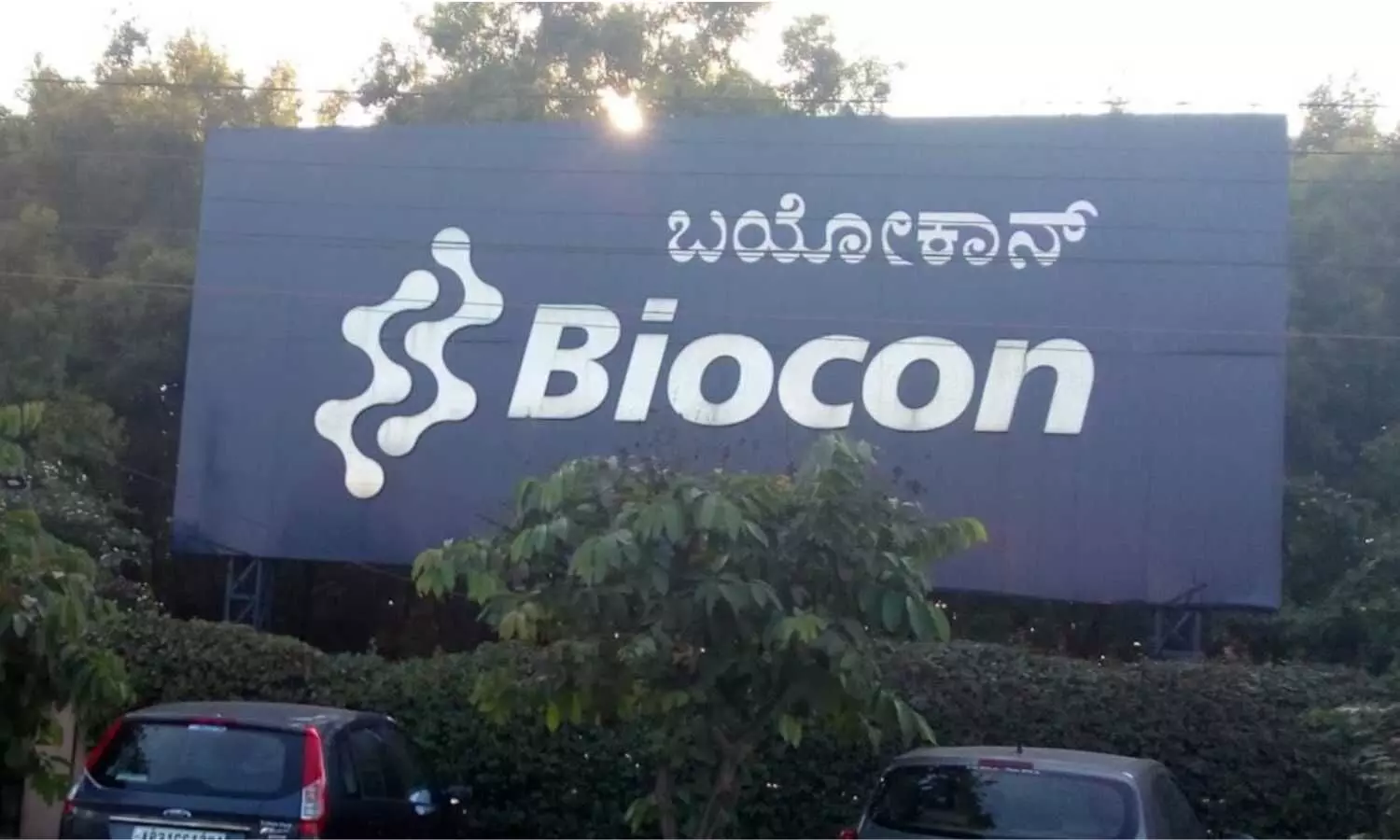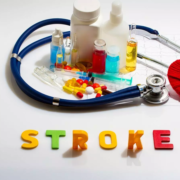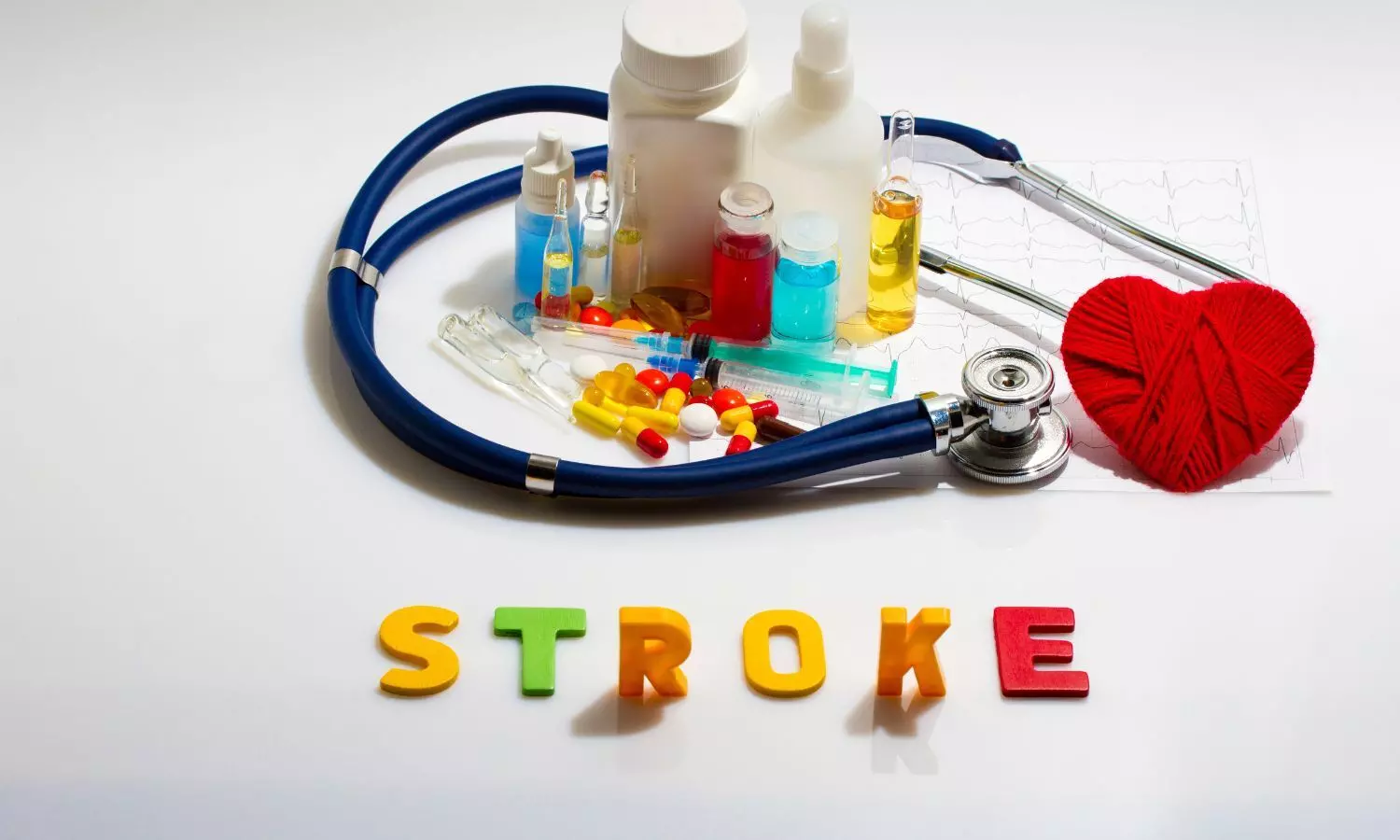New: Recommendations for antirheumatic treatment in men and women planning a family

The European Alliance of Associations for Rheumatology-published points-to-consider on the use of antirheumatic drugs in reproduction, pregnancy, and lactation. Since then, new evidence has become available, so the points have been reviewed and updated–including an upgrade to full recommendations.
Rheumatic and musculoskeletal diseases (RMD) often affect people during the years when they might be planning a family. The underlying nature of these diseases can affect people’s fertility, and may make women more at risk of some poor pregnancy outcomes, such as having small or premature babies. Some of the antirheumatic treatments used can also affect fertility, and may not be safe to use during pregnancy. What drugs are used for a person’s RMD when they are planning a family is therefore a consideration for both men and women, and impact show treatment might need to be tailored around conception, as well as during pregnancy and breastfeeding.
A series of points-to-consider were released in 2016, but since then treatment approaches have evolved –moving towards a treat-to-target concept that can help to avoid some of the negative impacts of active disease on fertility and pregnancy outcomes. Alongside this, there has been new relevant data published about antirheumatic drugs in the context of pregnancy and breastfeeding –as well as in male reproductive health. To address this, EULAR has reviewed the evidence and upgraded the advice to full recommendations.
The new work, published in the April 2025 issue of the Annals of the Rheumatic Diseases, includes 12 individual recommendations and five overarching principles. These principles emphasise that everyone with an RMD–both men and women –should be offered early and regular counselling about their reproductive health and the need to adjust therapy in relation to pregnancy. But treatment of the RMD before conception and during and after pregnancy should still aim at remission or low disease activity. Importantly, the potential risk to the child should be weighed against the risk to the mother of having a period of untreated disease. Given the known benefits, women should not be discouraged from breastfeeding and there are compatible medications they can take during this period. Finally, the choice of treatment before, during, and after pregnancy should be a shared decision-making process between the treating healthcare providers and the patient.
The 12 new recommendations focus on three areas. First, the specific antirheumatic drugs that can be used for women before and during pregnancy, including which are compatible and which should be discontinued before attempting to conceive a child. They also look at which vaccines can be used in infants who have been exposed to antirheumatic drugs in the womb. Second, the drugs that are compatible with breastfeeding, and thirdly drug choices for men wishing to father a child.
EULAR hopes that these recommendations will help to improve treatment and outcomes for people with an RMD during their reproductive years. It will be important to share the updated knowledge widely, as it will be helpful to many healthcare professionals outside rheumatology, including those working in internal medicine, gynaecology and obstetrics, family medicine, paediatrics, and pharmacology.
Reference:
Rüegg L, et al. EULAR recommendations for use of antirheumatic drugs in reproduction, pregnancy, and lactation: 2024 update. Ann Rheum Dis 2025;doi: 10.1016/j.ard.2025.02.023.
Powered by WPeMatico


